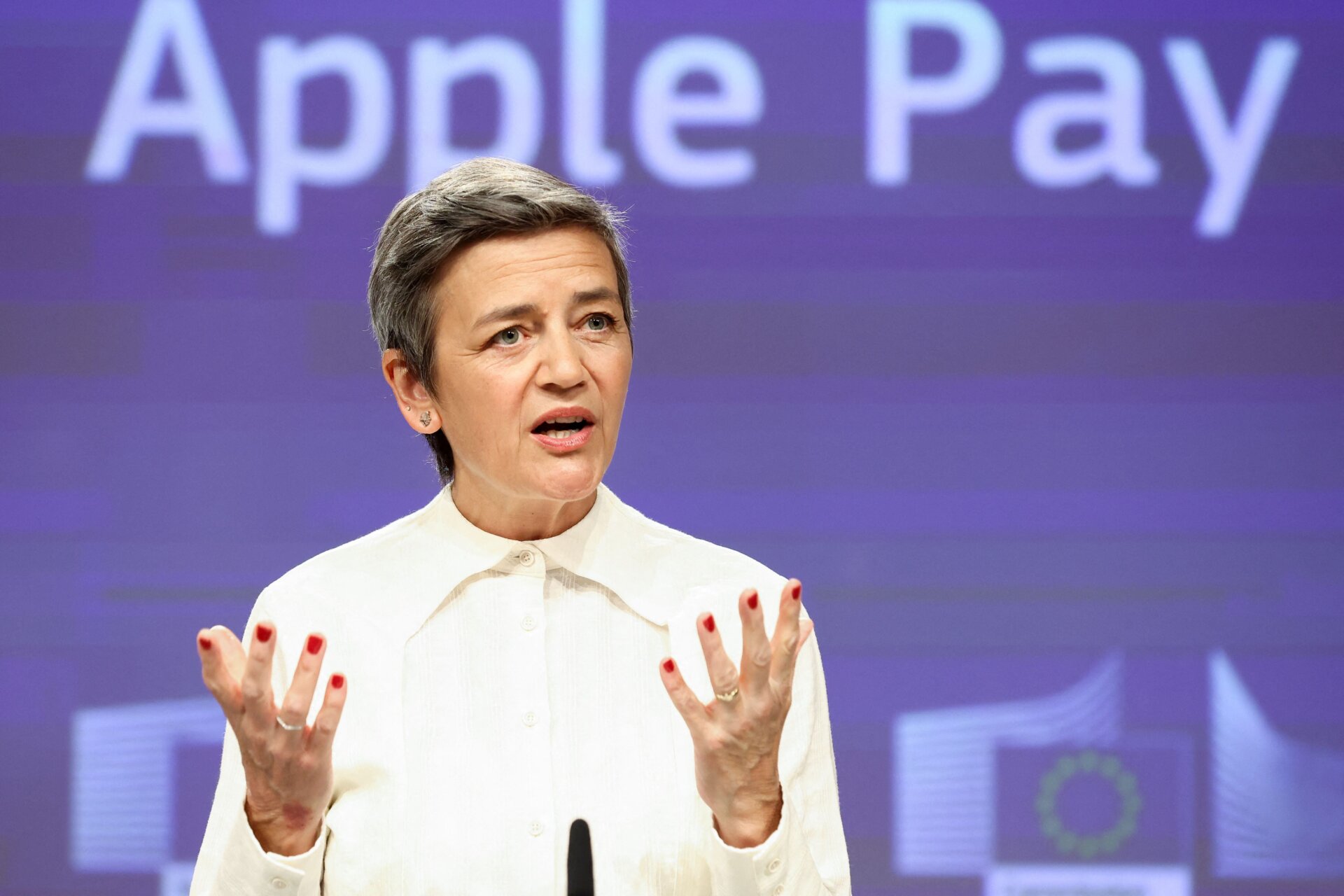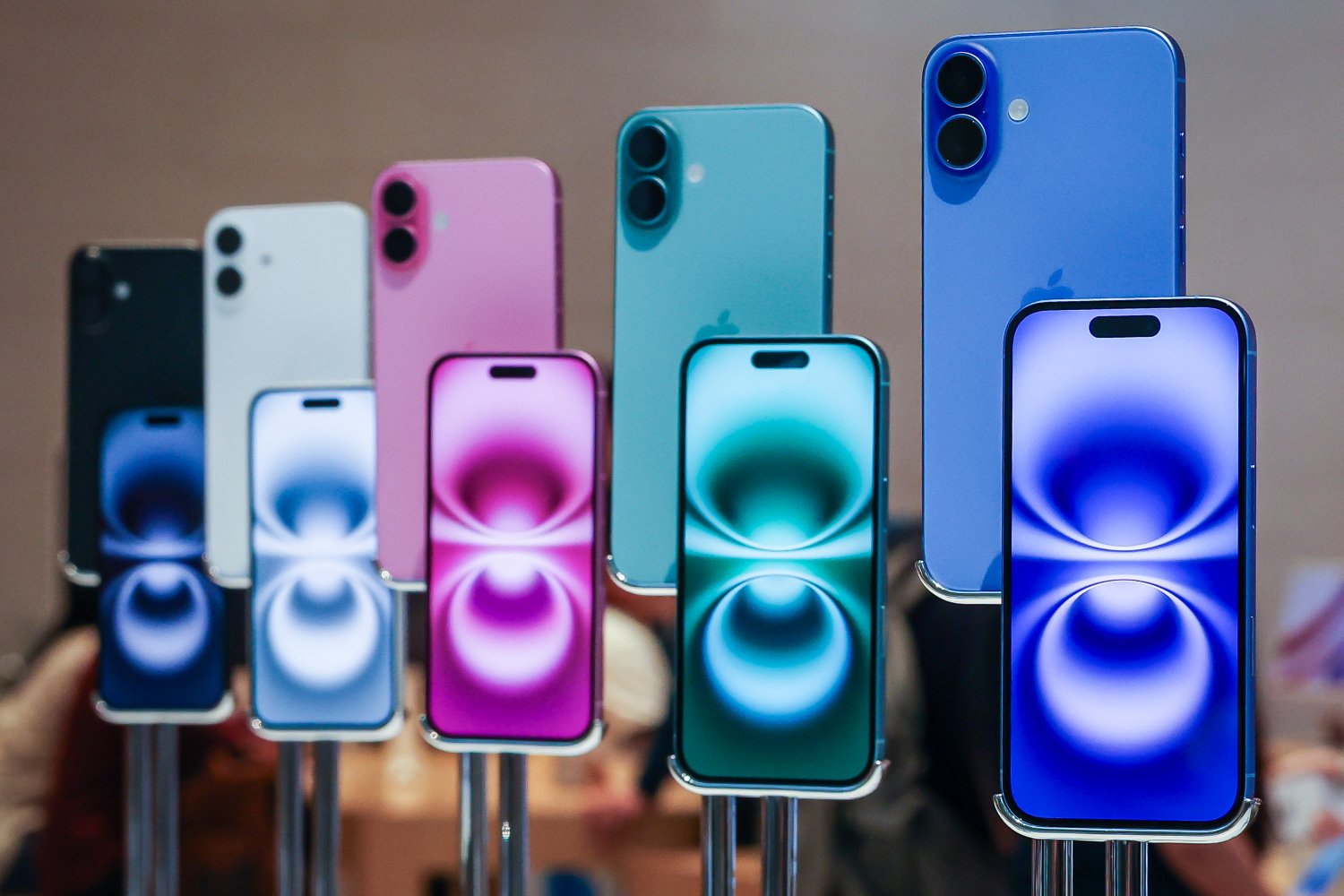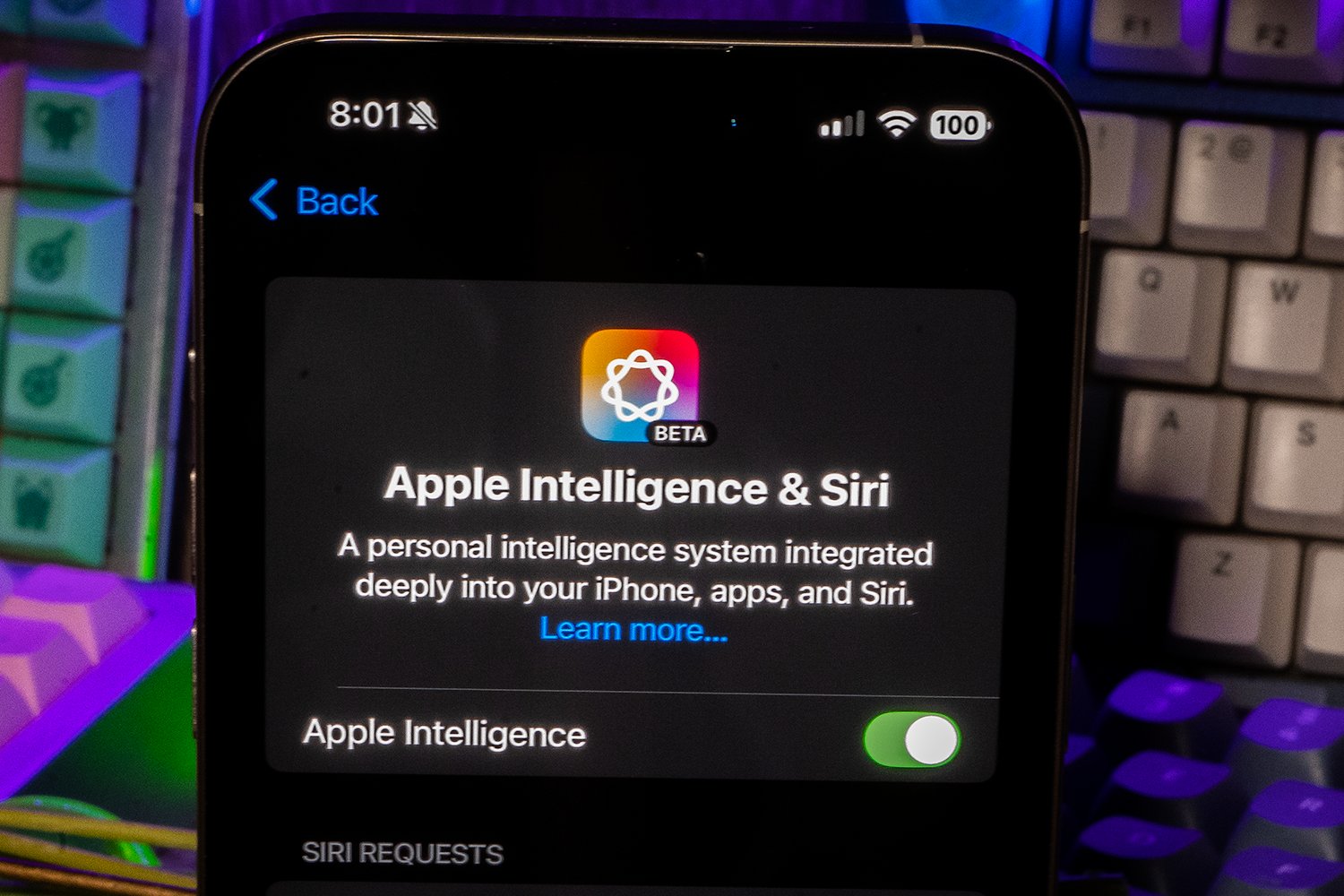Apple may want to be the main company able to reach its slick tendrils into iOS users’ wallets, but EU regulators find that idea particularly insensitive, at least to other app developers. On Thursday, the European Commission said that Apple “abused its dominant position” over its use of Apple Pay for online orders and in-store contactless payment.
Specifically, the commission found that Apple was restricting other mobile-based wallet apps from using the necessary hardware and software on its iPhones and iPads iOS that allow contactless payments to work. The Apple Pay app is the only software capable of accessing the near field communication tech that’s used for contactless payments or “tap and go” at payment terminals in stores.
The European Commission called this deference to proprietary apps “anticompetitive” leading to less choice for consumers. The body sent a statement of objections to Apple May 2. That is the first step of a full investigation into whether Apple Pay is deemed anticompetitive, though the commission noted that the preliminary accusation should not influence the result of the subsequent investigation.
In the statement, commissioner Executive VP Margarethe Vestager said “We have indications that Apple restricted third-party access to key technology necessary to develop rival mobile wallet solutions on Apple’s devices.”
In an email statement, an Apple spokesperson said “We designed Apple Pay to provide an easy and secure way for users to digitally present their existing payment cards and for banks and other financial institutions to offer contactless payments for their customers. Apple Pay is only one of many options available to European consumers for making payments, and has ensured equal access to NFC while setting industry-leading standards for privacy and security.”
The spokesperson added, “We will continue to engage with the Commission to ensure European consumers have access to the payment option of their choice in a safe and secure environment.”
There is no set deadline for that investigation, though the EU can leverage fines up to 10% of global revenue, though of course the company can appeal any decision of this investigation in an effort to reduce or drop charges.
But regulatory bodies move slowly, and it’s unlikely we will see any result of the investigation any time soon. The commission originally started looking into Apple Pay back in 2020. Apple and the EU are still wrangling over a near-$16 billion tax bill the bloc imposed on the big tech company. Apple won a court case in 2020, stamping out the new tax bill, but the EU is appealing that decision.
Though this is just the latest in a string of efforts to curb big tech’s reign within the European bloc. In March this year, the EU Parliament passed the Digital Markets Act which restricts companies like Apple from linking apps to hardware, such as making Safari the default browser on Mac devices. That act narrows the crosshairs on tech companies with revenue above a €75 billion threshold. Apple has said that the act would restrict them from charging for intellectual property.
Apple has a problem with letting people pay with functions other than Apple Pay. Last December, Dutch authorities put Apple on blast for its restrictions on what payment method Apple users could use on dating apps. The EU body has also criticized Apple’s love affair with proprietary hardware, creating a plan back in 2021 that would force the company, among others, toadopt charging cable standards.














